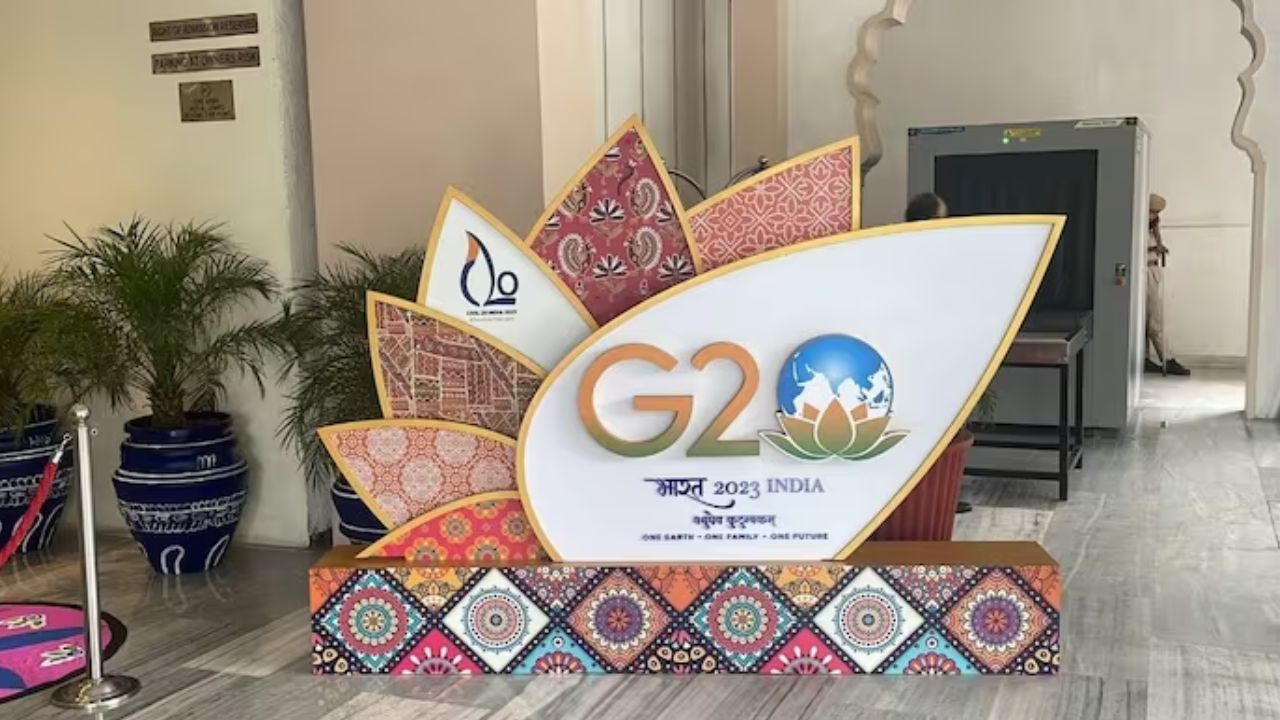G20 Mosquito-Eating Fish Unleashed: When it comes to hosting world leaders in the country for an event as large as the G20 summit, other than security, warding off monkeys and mosquitos is of equal importance.
What actions does the government take?
More than 30 “monkey-men” have been deployed and langur cutouts have been erected to prevent marauding primates from destroying floral displays intended for world leaders.
The men imitate the hoots and screams of the aggressive langur monkey, which is the natural adversary of the smaller rhesus macaque primates that cause havoc in the central areas of the national capital.
On the list were also stray canines. However, officials were forced to relinquish the plan due to opposition from residents of Delhi and animal rights activists.
The Hindustan Times reported that eight teams equipped with insecticide sprayers are now saturating potential mosquito breeding sites throughout the G20 venue. One official told the newspaper that approximately 180 lakes and fountain basins were stocked with larvae-eating mosquitofish prior to the conference.
G20 Alert: Delhi Police Advises Against Visiting India Gate and Kartavya Path (newsd.in)
G20 Mosquito-Eating Fish Unleashed: Security and embellishment
In addition to special forces and bulletproof vehicles, rooftop snipers and anti-drone technology are also being deployed. India’s “Black Cats” anti-terrorism guards have practised rapid deployments from helicopters, rappelling down ropes onto hotel rooftops where presidents will be lodging.
The streets of New Delhi are lined with photographs of Prime Minister Narendra Modi to greet world leaders to the summit, the most influential gathering India has ever hosted.
The traffic police have guaranteed “complex regulations” and a massive restricted zone covering a large portion of the city centre. Bulletproof limousines will transport visiting politicians.
The closure of businesses has been mandated, and a holiday has been declared. Bharat Mandapam, a recently renovated conference centre in Delhi’s Pragati Maidan, will host the summit.
The expansive riverside site is located near the turrets of the Mughal-era Purana Qila fort from the 16th century, as well as Raj Ghat, where G20 leaders are expected to plant trees.
According to municipal officials, more than 4,000 homeless persons living under bridges and along roadsides in the city centre have been relocated to “shelter homes” in preparation for the summit.
Several long-dormant fountains are now operational, and roadside markings that had deteriorated over the years have been repainted.
Seventy thousand flower containers have been placed throughout the city. The Times of India reported that 35 water tankers have been deployed to maintain and monitor the vegetation, which has become a significant undertaking in and of itself.
A 28-foot-tall (8.5-meter-tall) statue of the Hindu deity Shiva has been erected at the entrance to the G20 summit venue.
G20 Summit: Guidelines To Know If You Are Travelling From Noida to Delhi


















